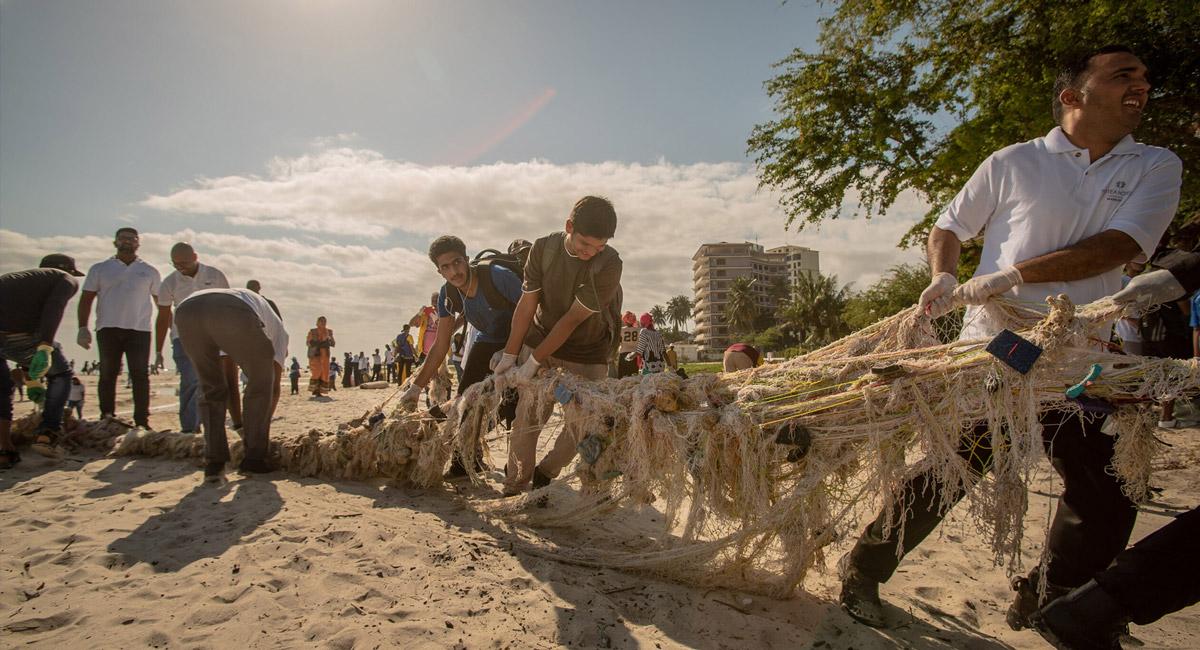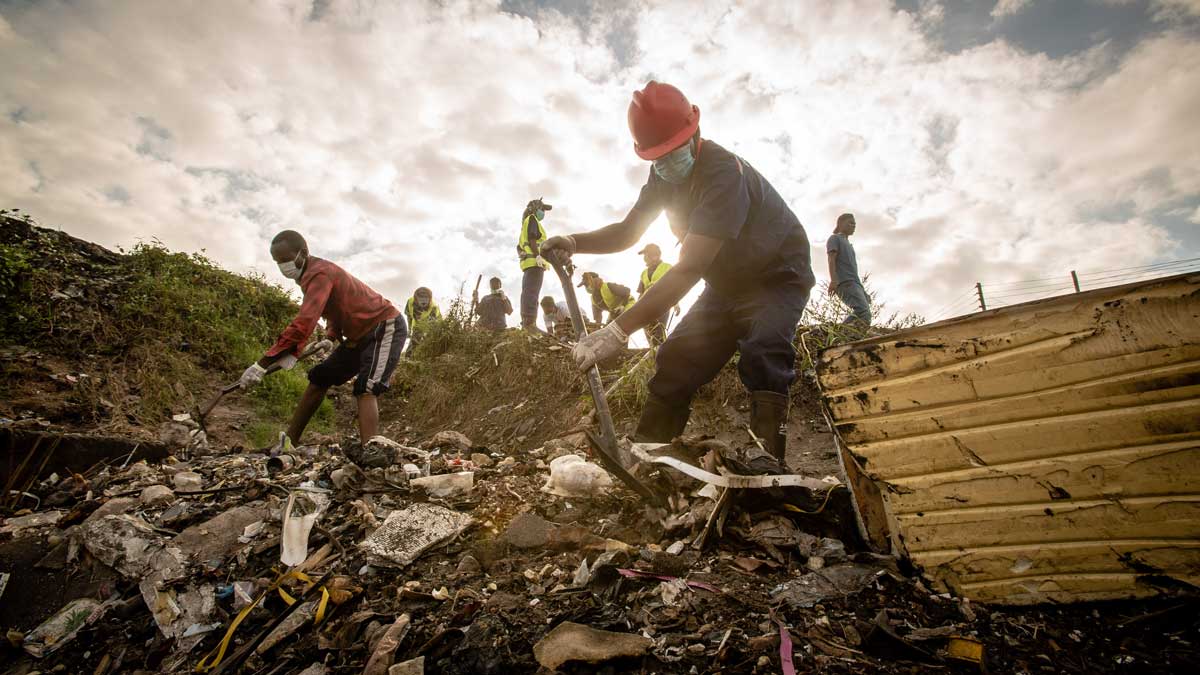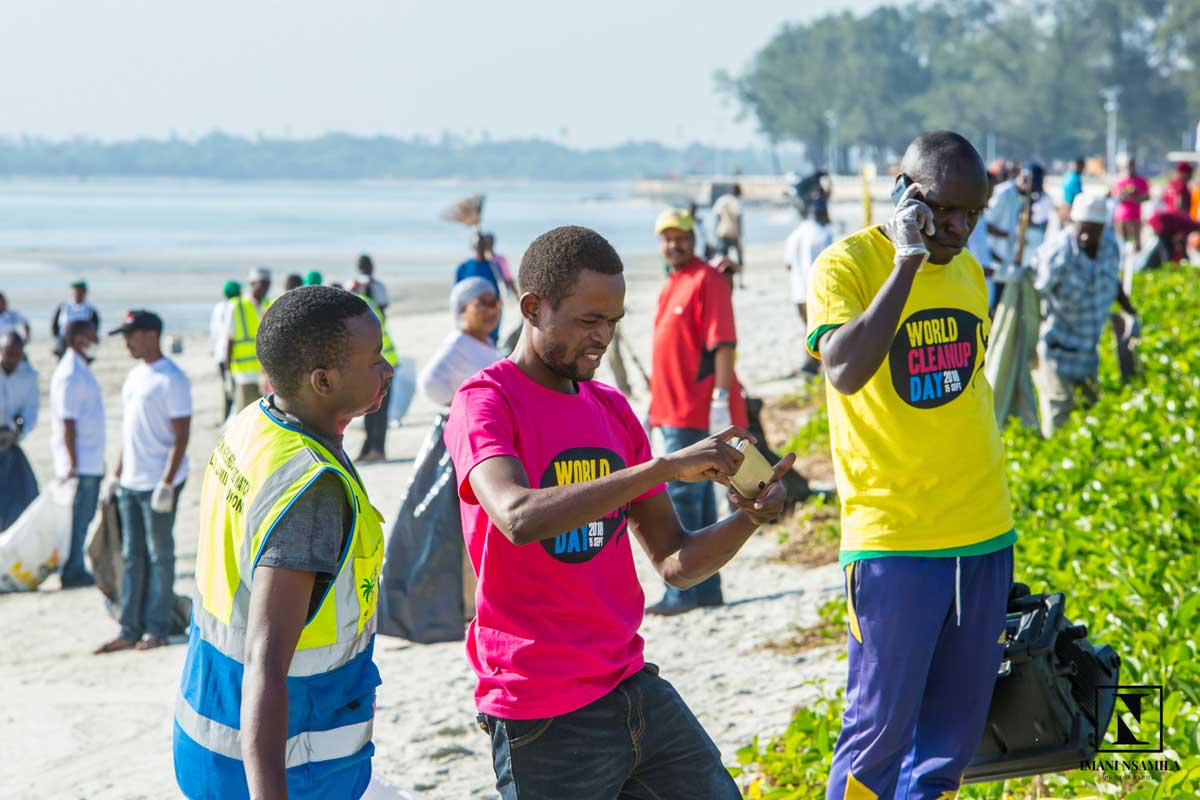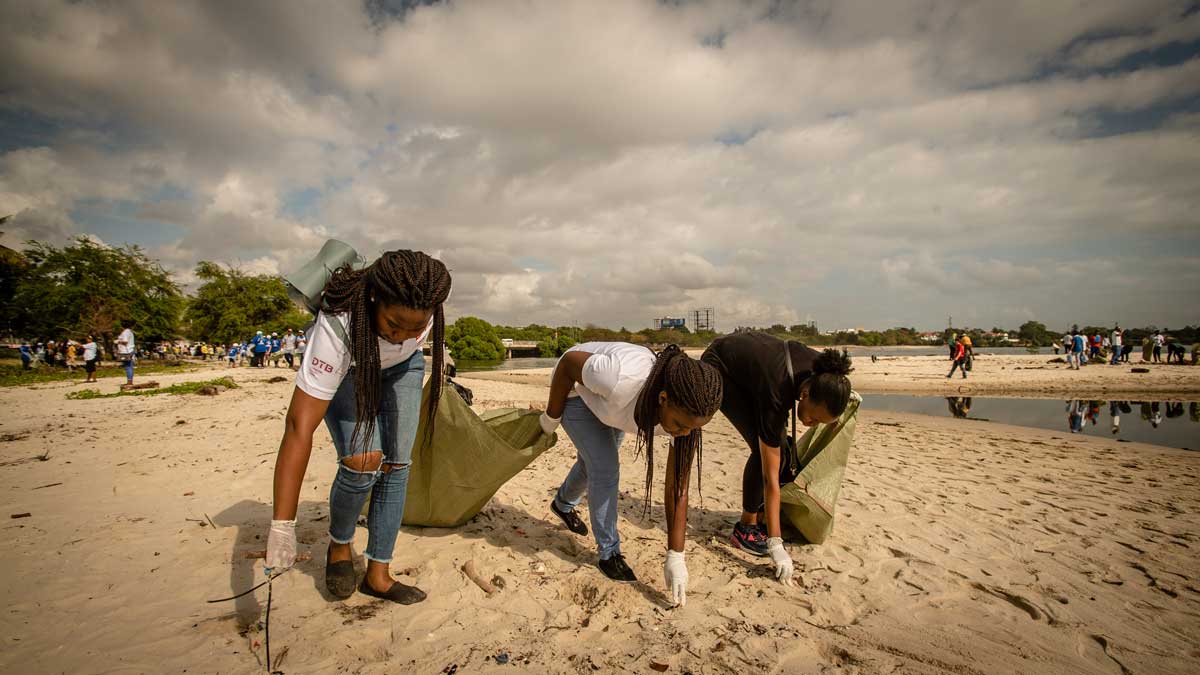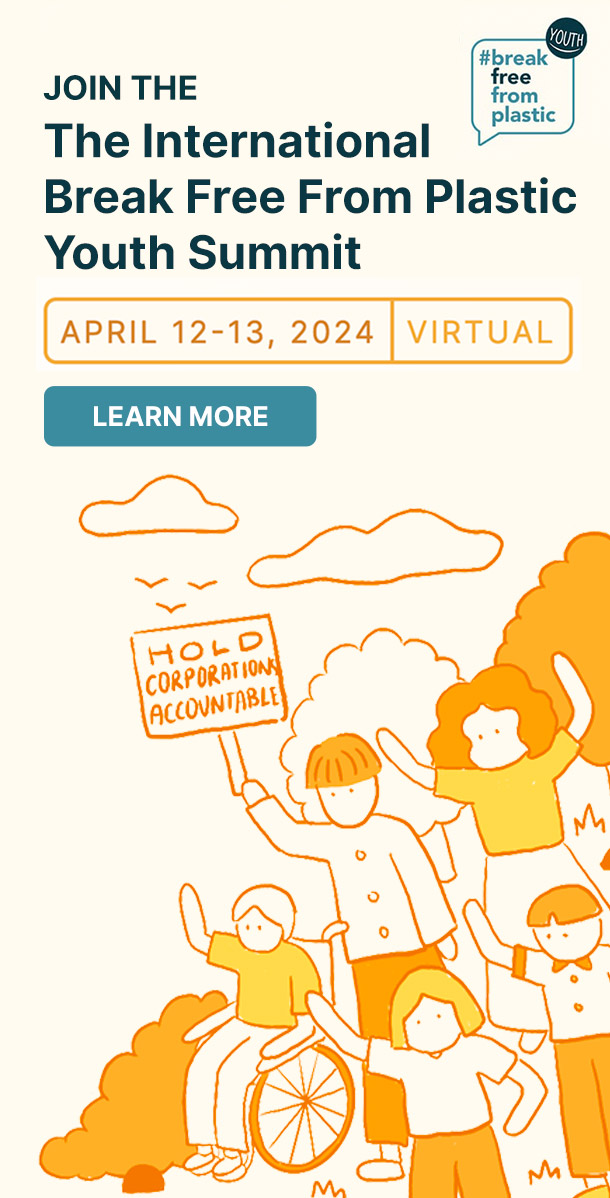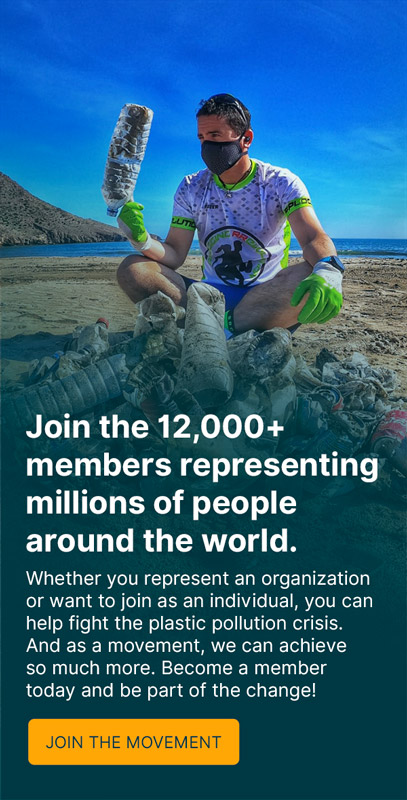Roughly 40,000 people came together in one day collecting over 500 tons of trash from public spaces in over 16 regions in the country and gathering data on the waste found in community areas and along the country’s coastline.
Despite the apparent success of the campaign, many people ask us why we continue to organize cleanups when most likely, waste will go back to where it was after a couple of weeks, sometimes even a couple of days. I confess that I used to ask myself the same question when I started working with Nipe Fagio and experiencing the amount of energy taken to organize cleanups when solid waste management in a country like Tanzania requires a much more systematic approach that includes community members, the government, and private sector.
Here are three reasons why World Cleanup Day can help us moving towards long-term sustainable solutions in Tanzania.
First, World Cleanup Day is a solid opportunity to engage and mobilize people. The simplicity of getting people to come together and clean areas that they transit through every day, with their neighbors and family, is powerful and exciting. While we frequently lose people’s attention when we talk about more complex solutions to solid waste management, the same people tend to enjoy spending a couple of hours feeling that they are doing something powerful for their communities.
Secondly, to ensure that the effort put on organizing World Cleanup Day is worth it, we perform waste and brand audits in every cleanup site. Through that we learned that about 75% of the waste found illegally dumped in Tanzania is locally produced, meaning that with enough community pressure, government engagement, and private sector will, we can, actually, solve a great part of our solid waste problem internally. So far, communities, the government, and the private sector have shown great interest in the data collected during our cleanups and we hope that these engagements can lead to concrete actions, especially regarding local packaging replacement.
Waste and brand audits give us a unique opportunity to get people to understand the waste that is commonly found in the country, its origin, and the impact of consumers’ choices. But most importantly, they help us realize the footprint that industries have on the waste management situation as well as their responsibility to be accountable to the communities and to give consumers less harmful choices when it comes to packaging. The culture of cheap single-use packaging under the marketing concept of giving people with low income access to small amounts of products that they can afford has been the one major source of plastic pollution in Tanzania. This has led to the replacement of traditional bulk shops with plastic packaging that can’t be recycled or composted and pollute our rivers and coastline, causing floods and spreading diseases.
Lastly, World Cleanup Day allows us to open people’s eyes to the need of their participation when it comes to ensuring that solid waste management works in their communities. It is an open door to conversations about community-based zero waste models, like the one Nipe Fagio is implementing in three communities in Dar es Salaam, as we prove to people and government that communities are ready to take responsibility over their own waste and therefore decentralized community-owned solutions are possible.
On a personal note, when I moved to Tanzania, nearly 10 years ago, I was surprised by the lack of confidence Tanzanian citizens had in their own capacity to solve the country’s problems. I frequently hear and see people and organizations questioning the power of Tanzanian communities. For me, after 10 years of community-based work in Tanzania, there is nothing that I believe in more than Tanzanians. World Cleanup Day allows me to make this belief visible and to spread the beauty of community mobilization in front of people’s eyes. As we say in Swahili, kwa pamoja tunaweza (together we can make a difference).
Ana Rocha is the Executive Director of Nipe Fagio. Photos by Chris Morgan.

